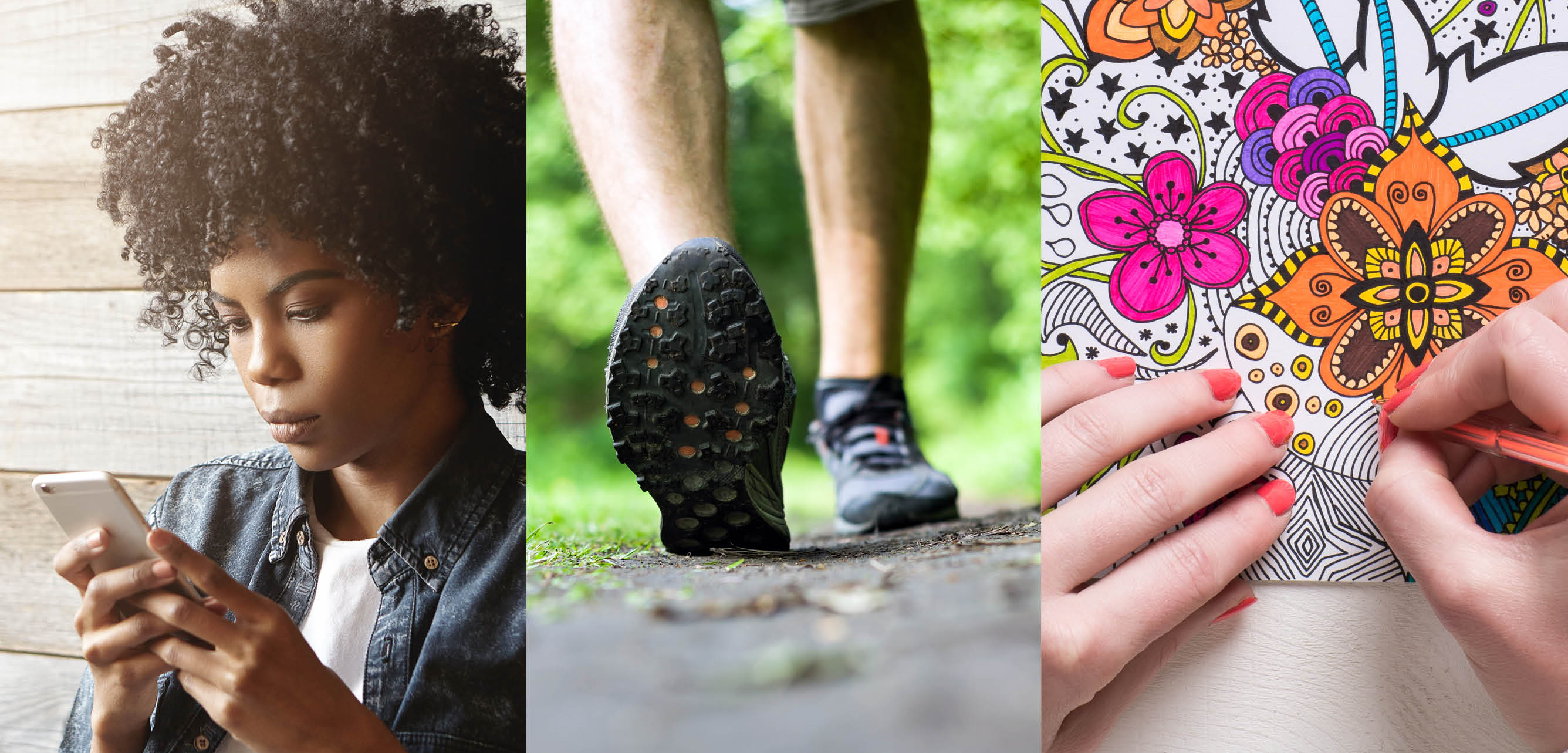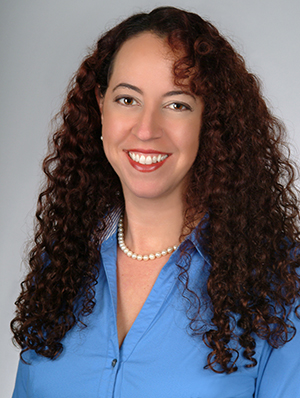
Get MUSC professor and licensed clinical psychologist Alyssa Rheingold’s expert advice for adults
1. Follow the Center for Disease Control’s guidelines on effective preparation strategies: Washing hands, keeping hands away from face, keeping physical distance from others are behaviors that offer feelings of control, participating in prevention, and working towards a greater sense of purpose.
2. Limit exposure to social media and limit following too many sources of information, especially those that instill a sense of panic. Follow one or two reputable sources—such as the Center for Disease Control and South Carolina’s Department of Health and Environmental Control (DHEC)—for updates and check them only once or twice a day.
3. Try to balance the COVID-19 information on news, social media, and in daily discussions with positive stories that are occurring across the world.
4. Continue to be social while we’re social distancing. Maintain your connections to others to lessen anxiety and depression. Regularly text, call, and video chat with family and friends, especially elderly friends and family.
5. Practice and strengthen self-care activities. This includes good sleep hygiene, daily exercise, and eating healthy.
6. Try to get outdoors in unpopulated areas as much as possible. Social distancing does not mean we have to be “shut in.” Walks, bike rides, or just sitting outside can improve mood.
7. Limit unhealthy coping strategies such as alcohol and drug use as this may inadvertently exacerbate anxiety and sleep problems.
8. Practice relaxation techniques to manage anxiety symptoms. Deep breathing exercises, progressive muscle relaxation, and imagery relaxation techniques may help take the edge off of anxiety. There are a number of apps and websites, such as Breathe2Relax, Calm, and Stop, Breathe, & Think, that can guide individuals through these types of coping strategies.
9. Practice mindfulness-based strategies. Learning to be present in the current moment can help calm one’s body if feeling overwhelmed with emotions. Mindfulness is about acknowledging emotions and thoughts but not necessarily “getting caught up in them.” It is how to be present with the here and now without judgement of the experience and learning to take action with intention. Mindfulness is a skill that requires practice. There are a number of apps, such as Calm, Headspace, and InsightTimer, that can assist in teaching these skills.
10. Seek professional help if you or a loved one is feeling overwhelmed with feelings of anxiety and worry related to COVID-19. The National Disaster Distress Hotline at 1-800-846-8517 is available 24/7 to provide crisis and support. Or text the Crisis Text Line which is a free, 24/7, confidential text message service for people in crisis. Text HOME to 741741 in the US. If you feel that you are in immediate crisis, call 911 or go to your nearest emergency room.

Dr. Rheingold is a licensed clinical psychologist and Professor at the National Crime Victims Research and Treatment Center (NCVC) within the Department of Psychiatry and Behavioral Sciences at MUSC. She is the Director of Clinical Operations at the NCVC and Co-Director of the Sleep and Anxiety Treatment and Research Program. Her expertise includes evidence-based treatment of trauma-related mental health issues, child sexual abuse prevention, anxiety disorders, and traumatic grief. Dr. Rheingold has published more than 60 peer reviewed articles and book chapters in the area of anxiety and trauma.